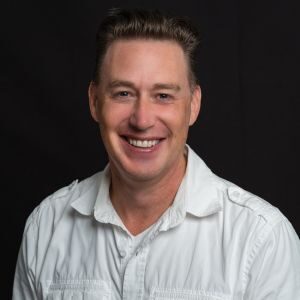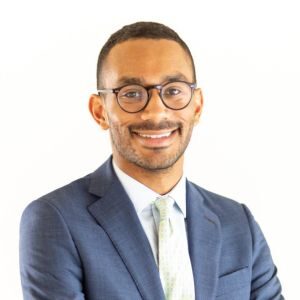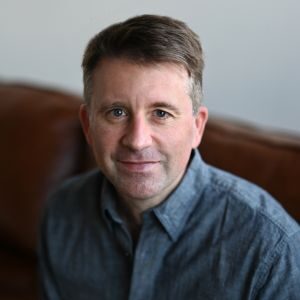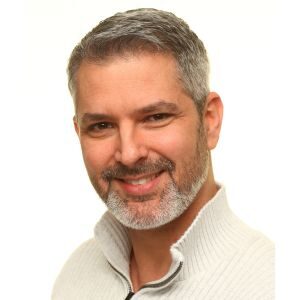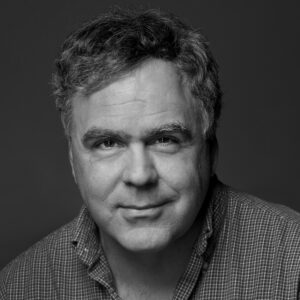For Microschools, ‘Location Has Been the Hardest Thing.’ Florida Made It Easier
But curbing zoning restrictions could help turn them into the ‘food trucks of the new education industry,’ one critic warns.
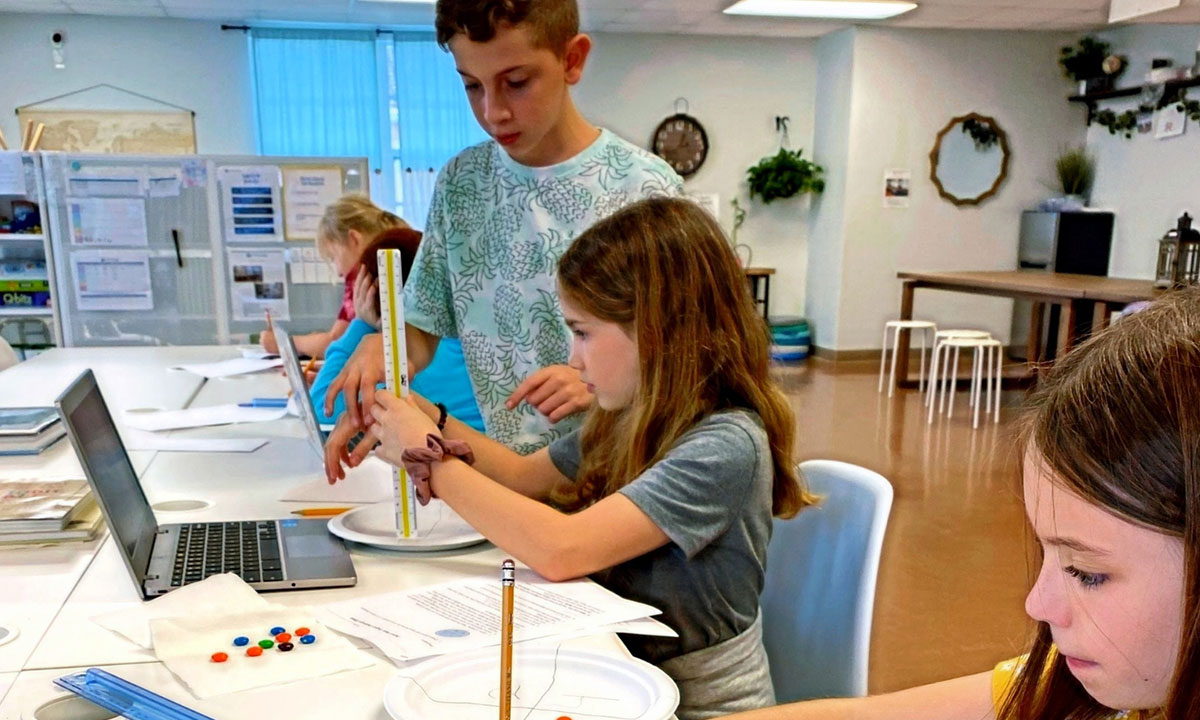
Get stories like this delivered straight to your inbox. Sign up for The 74 Newsletter
When Tobin Slaven and his wife Martina went searching for space for their new microschool a few years ago, they found what seemed like a perfect location: a turn-of-the-century historic home in the heart of old Fort Lauderdale, Fla., surrounded by museums, parks and a bustling downtown. And it was just a short walk from home.
They signed a lease with the local historical society for the Philemon Nathaniel Bryan House and checked with the city to ensure that a tiny alternative school could occupy the building, erected in 1905 by a son of the city’s founder. They opened Acton Academy Fort Lauderdale in February 2021 and moved in with just four students.
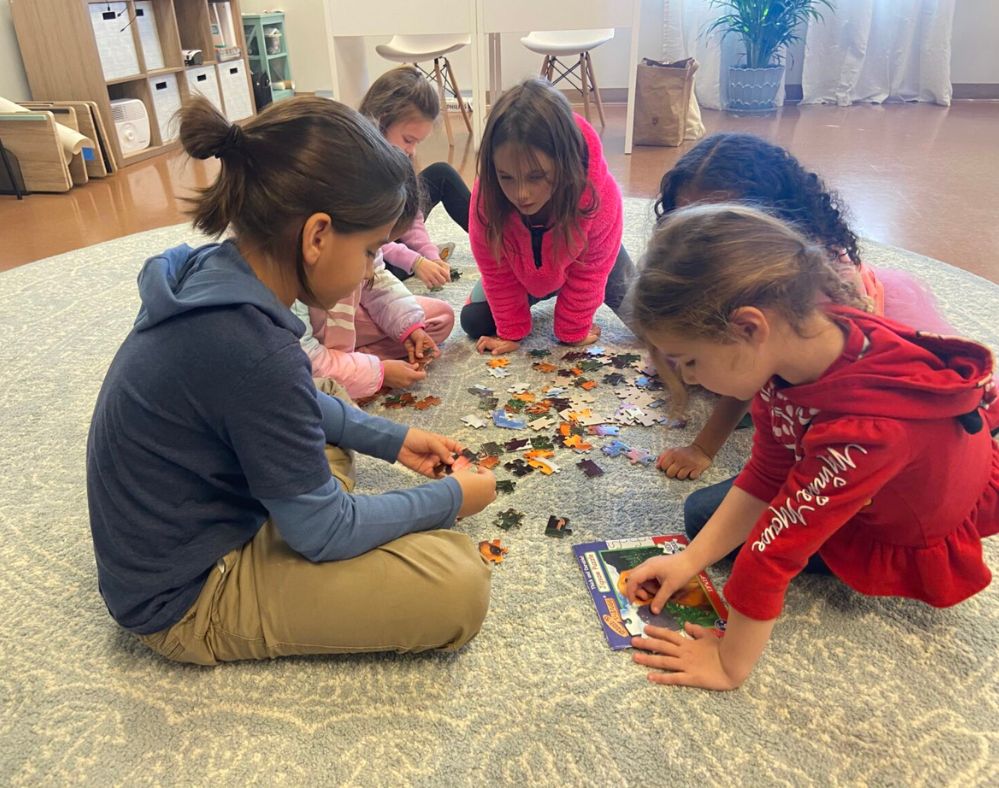
A month later, city officials broke the bad news: The Bryan House was actually zoned as a “learning center,” an informal space for tutoring and exhibitions — not a school. It had a sprinkler system, fire alarms and a fire escape. But if they were to stay, the historical society would have to install massive metal fire doors, among other changes.
When the historical society balked, the couple persuaded it to let them back out of their lease. The change forced them to go virtual for the rest of the school year as they searched for a new space.
“That nearly broke us,” Slaven said.
(The new regulations) “are a really big deal for the ecosystem.
Tobin Slaven, Acton Academy Ft. Lauderdale
But new regulations, approved last year by state lawmakers, could save future microschools from similar headaches. The regulations say private schools can occupy existing spaces from museums to movie theaters without seeking local government approval.
Making more locations accessible to microschools could help the movement grow nationally, just as education saving account laws in places like Florida and elsewhere have opened them up for consideration by families who otherwise couldn’t afford them.
The new Florida regulations, Slaven said, “are a really big deal for the ecosystem.” If they’d been in place two years earlier, he and his students could have stayed at Bryan House.
Florida was already a leader in the burgeoning microschool movement — the group Microschool Florida counts more than 250 programs in its current directory. But the new regulations, first reported by Politico, could be groundbreaking, advocates say, tempting lawmakers elsewhere to do the same. Georgia passed the first law limiting state regulation of “learning pods” in 2021 and similar changes have since taken place in Utah.
“The first generation, so many of these were in church basements or people’s homes,” said Michael McShane, director of national research at EdChoice, a policy organization. If the sector is to grow, he said, “they need to be able to operate in more readily available spaces.”
McShane and a colleague in 2022 estimated that between 1.1 and 2.1 million school-aged children nationwide, or 2% to 4%, used microschools as their main provider.
The first generation, so many of these were in church basements or people's homes.
Michael McShane, EdChoice
But microschools often face maddening regulatory challenges. McShane recalled hearing from an educator converting a commercial space into a microschool who installed half-inch drywall. Regulators said he had to rip it out and install the three-quarter-inch variety. In another instance, a microschool seeking to set up shop at an old mini-golf course had to not just decommission a play windmill but raze it.
Nathan Hoffman, senior legislative director for the Foundation for Florida’s Future, a policy group founded by former Republican Florida Gov. Jeb Bush, said the changes build on Florida’s 2023 universal school choice bill that “really blew the doors open on what’s possible” in different forms of schooling. He noted that upwards of 400,000 to 450,000 Florida students are now receiving taxpayer-supported scholarships to attend private schools, including microschools. “It’s created, I think, a whole new way that parents are interacting with K-12 education that we’re only just now getting to understand.”
(Florida’s choice law) created a whole new way that parents are interacting with K-12 education that we're only just now getting to understand.
Nathan Hoffman, Foundation for Florida’s Future
But policymakers are also realizing that if microschools are to thrive, they can’t be regulated the same as larger schools, Hoffman said. “They’re only serving 30, 40, maybe 50 families. They’re not serving hundreds of families. The size of the buildings that are necessary, the land that’s necessary, is not going to be the same.”
In that respect, microschools are reminiscent of a similar movement that began more than 30 years earlier.
Don Soifer, CEO of the National Microschooling Center, said the new microschooling founders remind him of “those life-changing educators that we had in the beginning of the charter school movement — it’s fun to be around them.”
Broadly speaking, the frameworks need to modernize.
Don Soifer, National Microschooling Center
A longtime school choice advocate, Soifer opened his own microschool near Las Vegas during the Covid pandemic. In the process, he began consulting with other operators and soon realized they needed help navigating the technical, legal and pedagogical obstacles they faced. He now trains school leaders and offers them access to digital learning and student management tools from providers that typically deal only with school districts.
Families taking on all the risk
Not everyone welcomes the new changes — or the explosive growth of the sector.
The Florida League of Cities opposed the legislation, saying it would prevent cities and counties from having a say in school rezoning.
Josh Cowen, a professor of education policy at Michigan State University and author of the upcoming book The Privateers: How Billionaires Created a Culture War and Sold School Vouchers, noted that Florida, like other states, requires students to be de-enrolled in public school to be eligible for education savings accounts, which give families state funds for tuition or homeschooling expenses. These accounts have helped microschools flourish, since they offer families “one more place to spend that money.”
To that end, Cowen called microschools “the food trucks of the new education industry.”
As with food trucks, he said, these new models may allow for schools to quickly open and offer students new options. But even if they’re appealing, he said, safety monitoring “is probably poorer.” The hours are sporadic, and even in the best case, he said, it “could pick up and leave tomorrow — or close altogether because the margins didn’t work for the business model.”
(A microschool) could pick up and leave tomorrow — or close altogether because the margins didn't work for the business model.
Josh Cowen, Michigan State University
That risk-reward equation, he said, “is fine when you’re shopping for a taco. Not when you’re shopping for a school that’s intended to give your kid a strong start in life.” Families also take on virtually all of the financial risks associated with microschools, he said, especially those backed by private equity.
Hoffman, the Florida legislative director, said the food truck analogy is “extremely outdated,” invoking fears similar to those of early homeschooling as serving isolated rural, off-the-grid families. “That’s just not the case anymore,” he said. “The fastest growing segment of the homeschool population are Black families” in urban areas.
Likewise, he said, microschools “are fine options for families that want to use them.”
Soifer said microschooling will likely never be competitive with options like charter schools and private-school vouchers, noting that ESAs have typically been designed to help make Catholic schools more affordable and that many states saying programs must hold accreditation to participate. He pointed out that many microschools closed in Washington, D.C., because parents couldn’t take advantage of the city’s longtime Opportunity Scholarship Program. It requires schools to file, among other things, two years of audited financial statements.
“Broadly speaking, the frameworks need to modernize,” he said. The changes in Florida are “one important lever that lets us do that.”
Hoffman, the Florida policy advisor, added that state regulations prevent “fly-by-night” operators who can “come in and come in on Tuesday and say, ‘I want to serve students,’ and by Wednesday you’re serving students.”
On occasion, however, microschool parents have had bad experiences, as with a West Virginia operation that one parent called “a glorified babysitter.”
‘Mystical alignment of the universe’
Not far from Fort Lauderdale, in Coral Springs, Fla., Frank Farro and his wife Natalie in 2020 were looking for a place to start their own microschool. Like the Slavens, they wanted to bring an Acton Academy network school to their neighborhood. And like the Slavens, they struggled to find a building. “Location has been the hardest thing for us,” Frank Farro said. “Not even close.”
The couple found a suitable space in a commercial building, but ended up getting kicked out when another school reclaimed it after the pandemic. Looser regulations would open more spaces for consideration, he said.
Location has been the hardest thing for us. Not even close.
Frank Farro, education entrepreneur
Like many others, the Farros’ school has grown quickly, from just six students in 2020 to 32 this fall. They’re currently renting about 5,000 square feet from a church, but Farro anticipates they’ll reach capacity in about six months, with a planned enrollment of around 60 students.
“Then we’ll be looking for our forever campus,” he said. “And that’s when things will get even more interesting.”
In 2020, he recalled, they looked at a five-acre tree farm in nearby Coconut Creek. It had a few houses that could serve as classrooms and seemed perfect. But at a selling price of $1.5 million, it didn’t seem practical for just six students.
Farro noticed recently that the property is back on the market this summer — for a cool $4 million.
Finding the right space, with playgrounds and outdoor spaces, he said, is “near impossible,” but he hopes the new regulations open up other options. As it is, “you have to find some mystical alignment of the universe in order to land a place that is zoned for a school — or you have to be massive, with a massive amount of capital, to go find another place.”
Get stories like these delivered straight to your inbox. Sign up for The 74 Newsletter

;)
